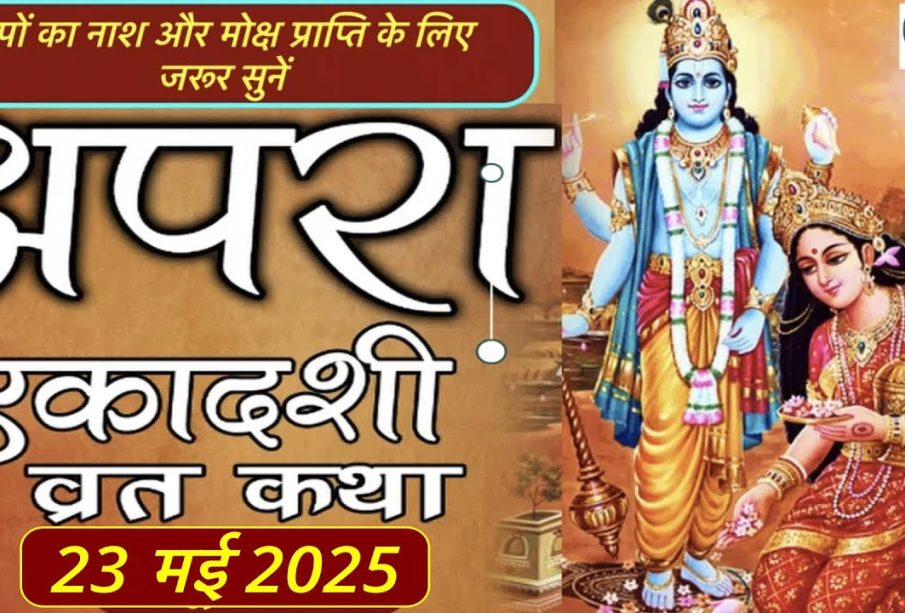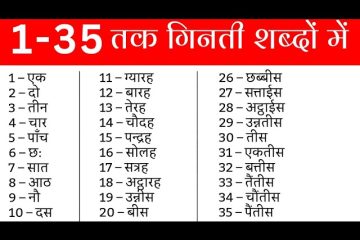Apara Ekadashi Vrat Katha: Significance and Rituals

Introduction
Apara Ekadashi, which falls on the 11th day of the waxing moon in the month of Jyeshtha as per the Hindu calendar, is significant for devotees seeking spiritual upliftment. Observing this vrat (fast) holds an important place in Hindu tradition, as it is believed to bring fortune, health, and success in life. This particular Ekadashi is dedicated to Lord Vishnu and is observed by countless devotees across India.
Importance of Apara Ekadashi
The importance of Apara Ekadashi is deeply rooted in Hindu scriptures, particularly in the Bhavishya Purana. It is said that anyone who observes the fast with sincerity and devotion is liberated from the cycle of birth and rebirth. Thus, the day serves not only as a means for spiritual refinement but also as an opportunity to earn divine blessings. Fasting on this day is believed to purify the mind and soul, fostering greater devotion and focus on spiritual practices.
Apara Ekadashi Vrat Katha
The vrat katha (tale) associated with Apara Ekadashi narrates the story of a king named Mahipal who ruled a prosperous kingdom. Despite his wealth, he was troubled by sins accumulated over his past life. One day, he met a saint who advised him to observe Apara Ekadashi. Following the saint’s guidance, the king fasted on this day, dedicated his prayers to Lord Vishnu, and performed charitable acts. As a result, he not only attained peace and prosperity but also liberated his ancestors from their sins. This katha exemplifies the transformative power of devotion and the importance of following religious practices.
Rituals and Practices
On the day of Apara Ekadashi, devotees wake up early and take a ritual bath. The day involves prayer and meditation, focusing on Lord Vishnu. Many choose to abstain from grains and legumes, consuming only fruits and milk during the day. Offering water to the Tulsi plant and chanting sacred verses dedicated to Lord Vishnu are also integral to the observances. Devotees often end the fast the following day, on Dwadashi (the twelfth day), which includes a feast and the sharing of food with others.
Conclusion
Apara Ekadashi is a meaningful occasion within Hindu culture that emphasizes the values of devotion, discipline, and purification. By participating in the rituals and understanding the vrat katha, devotees not only deepen their faith but also enrich their spiritual lives. With the ongoing observance of this sacred day and its teachings, individuals are encouraged to reflect on their life choices and the importance of seeking forgiveness and spiritual clarity.








